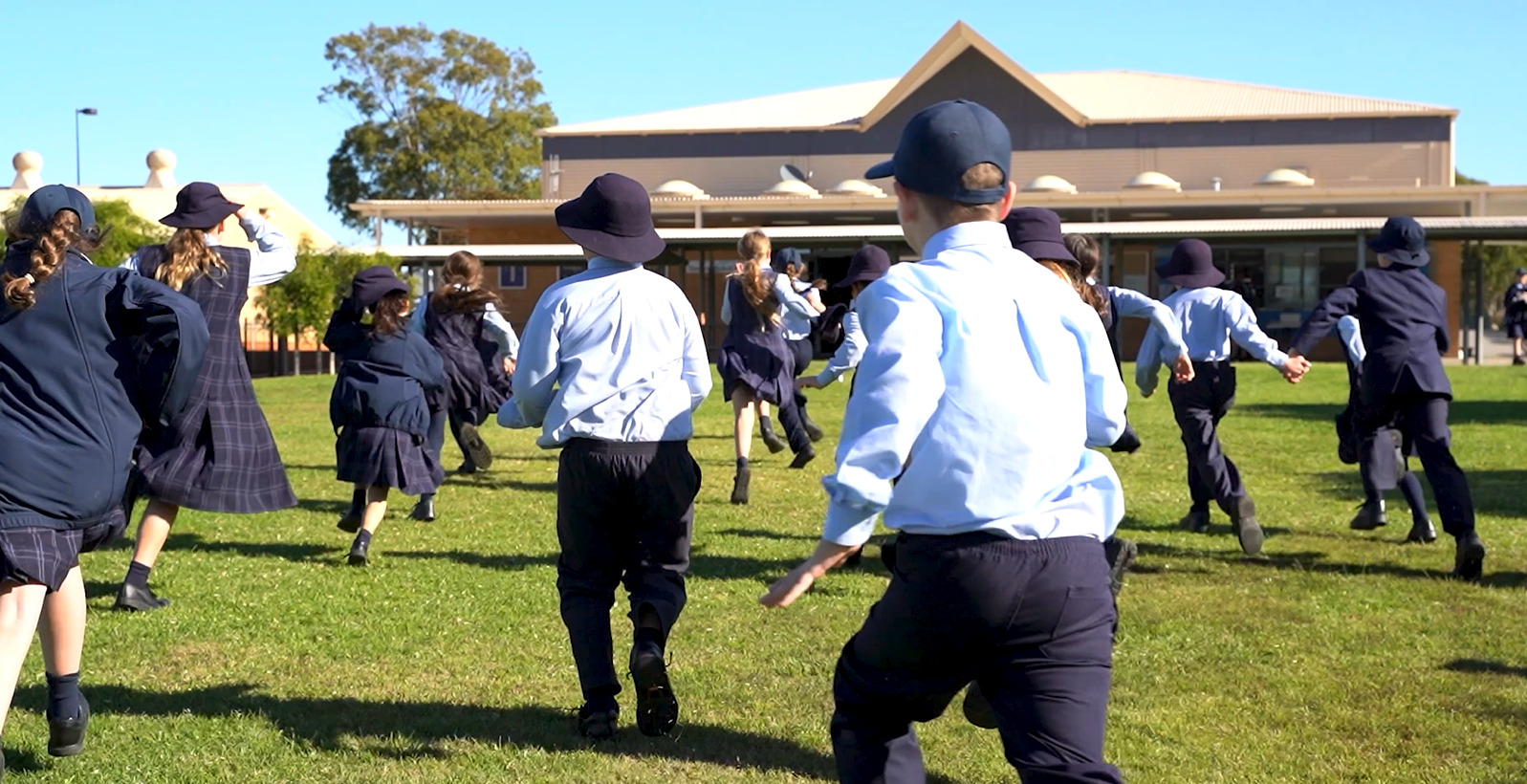MVAC values the importance of every student’s mental and emotional wellbeing.
For us to provide a safe and inclusive educational environment we will continue to support to our students for them to thrive.
We believe in empowering our students and families to be the best they can be, and support everyone within to flourish because of what we do, inspired by the way of Jesus.
School is about more than just literacy and numeracy. The emotional and social aspects of gathering together to learn play a vital role in a child’s development. Compassion and care run deep through the Christian faith, and as an Anglican school we aim to support students in their personal and spiritual development.
